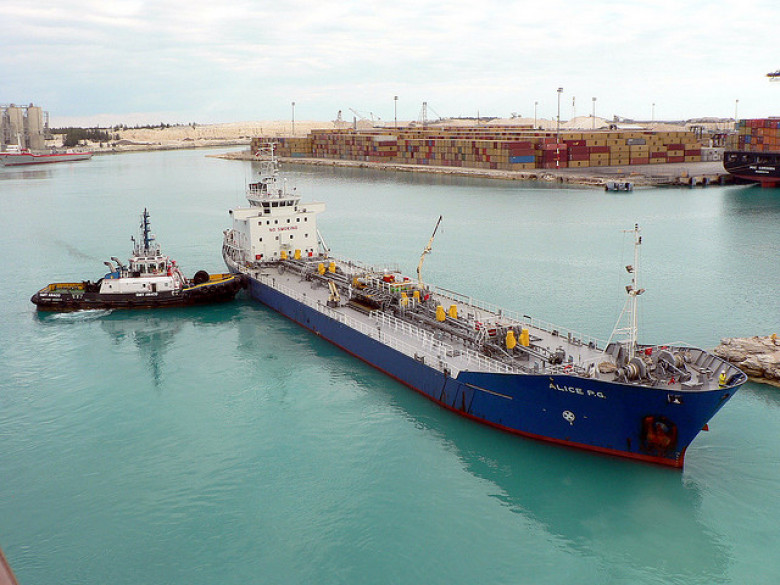Phantom Ships Expose Weakness in Vessel-Tracking System
Shippers, traders and researchers monitoring global vessel traffic in the past six months might have seen an imaginary U.S. ferry sail to North Korea, a tugboat go from the Mississippi River to a Dallas lake in two minutes and the path of a fake Italian yacht spelling out PWNED -- hacker slang for “defeated.”
These false signals, orchestrated by Trend Micro Inc., a Tokyo-based Internet security company, were designed to expose vulnerabilities in the mandatory system used to track merchant vessels worldwide. With the network that was built to improve safety at sea unprotected against hackers, phony tracks could lead to collisions and other accidents, according to the International Chamber of Shipping, a trade association representing more than 80 percent of the fleet.
International conventions require all ships to broadcast their identity, status and location to other vessels and coastal authorities. The signals, compiled by websites such as marinetraffic.com and data services including Bloomberg LP, the parent of Bloomberg News, may be used to gauge how many ships are available to load a cargo or predict trade before official figures are released. The system needs security, according to Kyle Wilhoit, a Trend Micro researcher in St. Louis.










































































